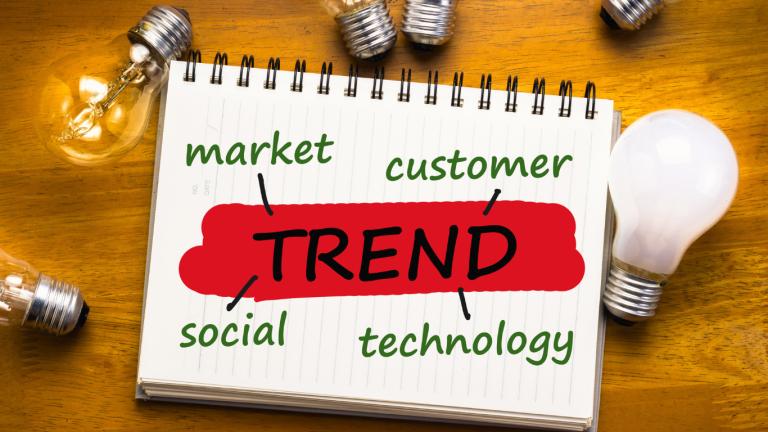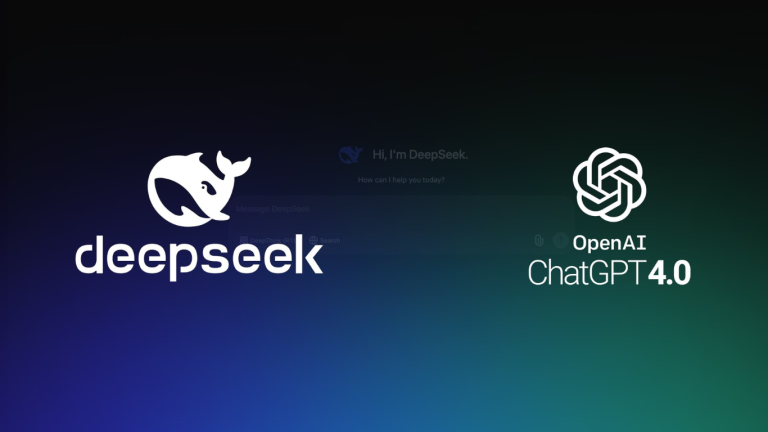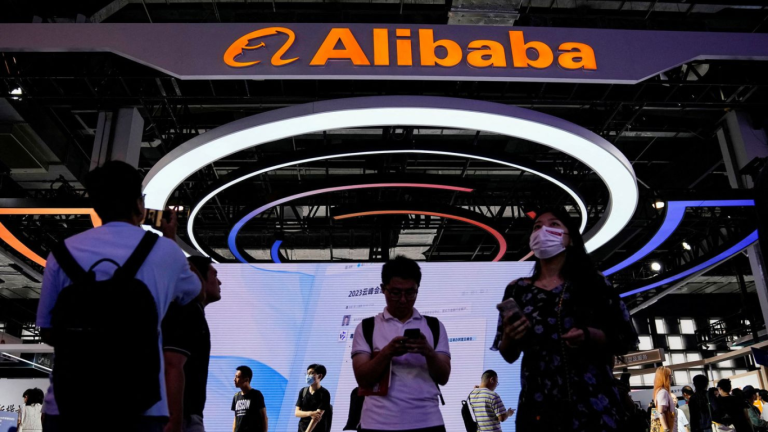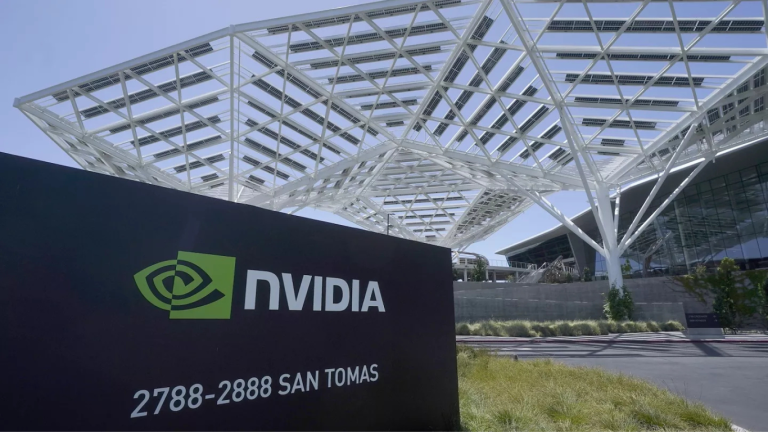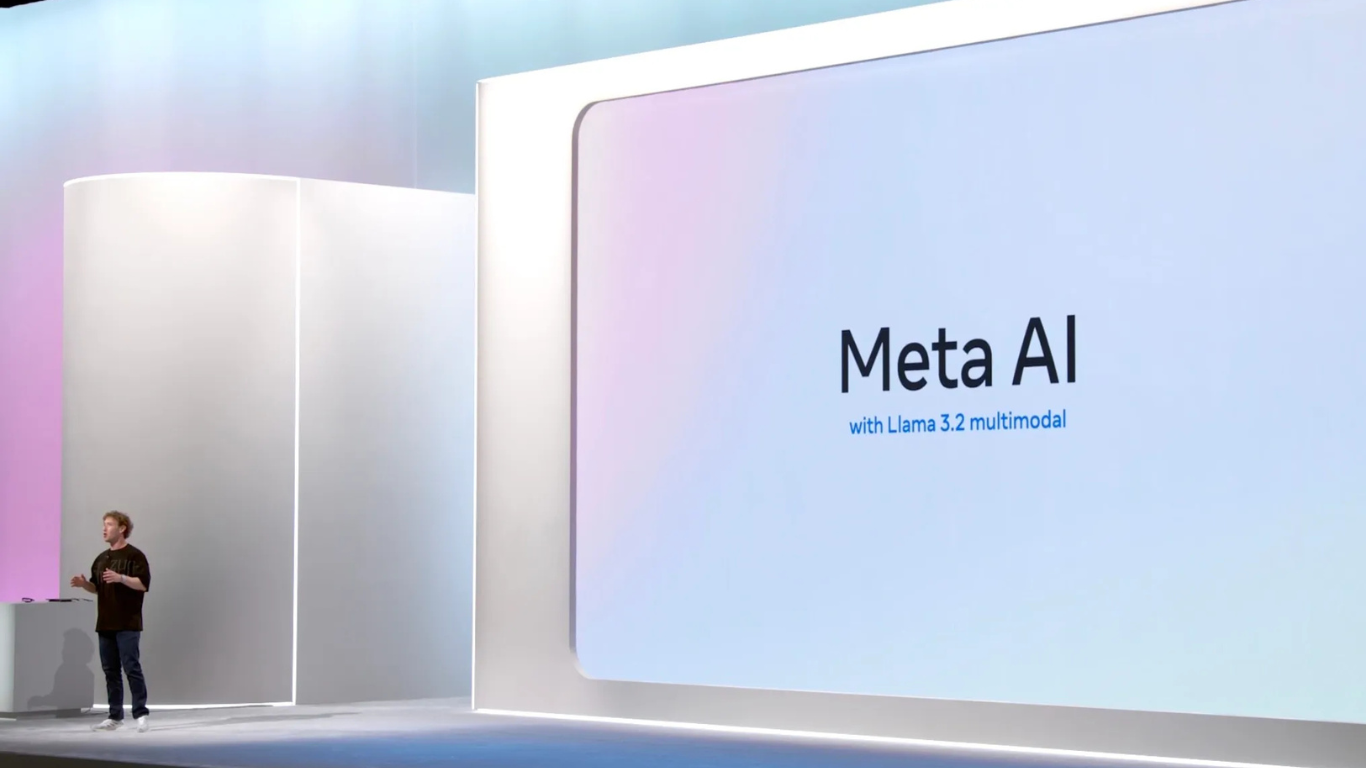
In 2024, Mark Zuckerberg made a bold pivot, dedicating Meta’s vast resources to solidify its position as a leader in artificial intelligence. Fast forward to 2025, and the stakes are higher than ever. With fierce competition from tech giants like Google, Microsoft, and OpenAI, the pressure is mounting for Meta to deliver transformative
AI solutions that justify its colossal investment.
A Visionary Strategy Amidst Rising Competition
Zuckerberg’s decision to go "all-in" on AI was rooted in a vision to integrate cutting-edge AI capabilities across Meta’s platforms. From generative AI tools for creators to advanced recommendation systems in the metaverse, Meta aims to revolutionize how people connect, create, and interact.
However, as innovation accelerates across the tech landscape, Meta faces increasing scrutiny from investors, users, and regulators. While its AI-driven advertising models have shown promise, the question remains: can Meta maintain its momentum and emerge as a true AI leader in 2025?
Meta’s AI Milestones
In 2024, Meta achieved several key milestones that set the stage for its 2025 performance:
- Llama 3.0 Launch: Meta’s open-source AI model, Llama, gained traction for its application in research and enterprise use cases.
- Generative AI for Creators: Tools like AI-powered video editing and virtual avatar creation empowered millions of creators across Meta platforms.
- AI in the Metaverse: Integration of AI-driven systems in Horizon Worlds enhanced user experience, enabling more immersive and interactive virtual environments.
- Personalized Recommendations: Advanced AI algorithms improved content curation, driving higher engagement across Facebook, Instagram, and Threads.
Challenges on the Horizon
While Meta has made significant strides, it faces several challenges that could shape its trajectory in 2025:
- Competitor Innovation: Rivals like Google and OpenAI continue to push boundaries in AI research and applications, raising the bar for Meta.
- Regulatory Scrutiny: As AI becomes more pervasive, governments worldwide are tightening regulations around data privacy, algorithmic transparency, and ethical use.
- User Trust: Meta’s past controversies in data handling present ongoing challenges in gaining user confidence for its AI solutions.
- ROI Pressure: Investors are keenly watching whether Meta’s ambitious AI investments translate into sustainable revenue growth.
Practical Lessons for Business Leaders
Meta’s AI journey offers valuable insights for businesses navigating their own digital transformation:
- Strategic Focus Matters: Zuckerberg’s decisive pivot underscores the importance of aligning resources with long-term goals. Businesses must identify their core strengths and leverage AI to amplify them.
- User-Centric Innovation: Meta’s focus on creator tools highlights the value of building AI solutions that directly address customer needs and pain points.
- Ethical AI Practices: Navigating regulatory challenges requires businesses to embed transparency and fairness into their AI frameworks.
- Agility in Execution: In a fast-evolving landscape, adaptability is key. Meta’s iterative approach to product development serves as a model for maintaining relevance.
Mark Zuckerberg’s commitment to an AI-first Meta reflects a broader shift in how businesses view technology as a competitive differentiator. For Meta, 2025 will be a defining year—one where its bold bets on AI will either solidify its leadership or demand a course correction.

_medium.png)





